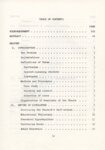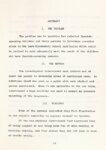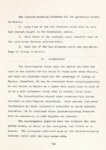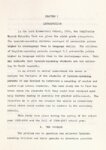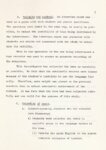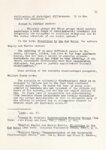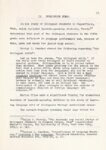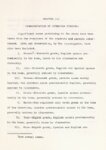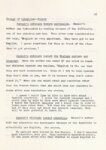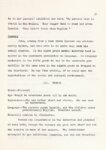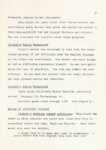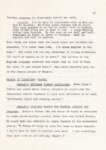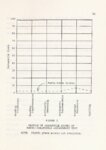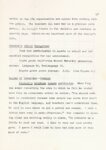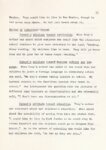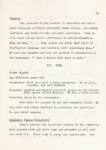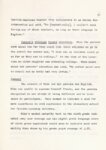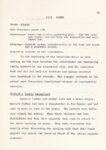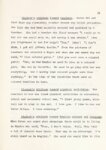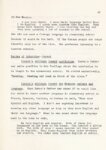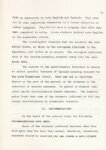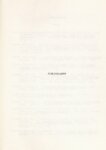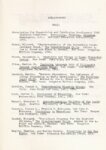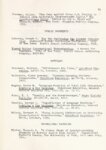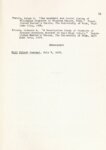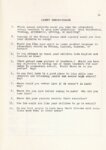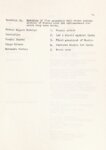| Description |
I. THE PROBLEM The problem was to question ten selected Spanish-speaking children and their parents to determine possible areas in the Lark Elementary School curriculum which could be revised to more adequately meet the needs of the children who have Spanish-speaking parents. II. THE METHOD The investigator interviewed each student and at least one parent to determine areas of curriculum need. An interview sheet was used as a guide with each student and parent questioned. When it was agreeable to the one being interviewed a tape recorder was used to assure an accurate recording of the responses. III. FINDINGS Nine of the parents indicated they felt frustration in the child's inability to express himself in Spanish. Of the ten students interviewed four expressed fear of being laughed at and being made fun of when reading or reciting orally, and four stated they did not like to read , or recite orally. The Spanish-speaking students did not generally relate to Mexico: 1. Only four of the ten students would like to have had Spanish taught in the elementary school. 2. Only three of the students could identify half of the well-known Mexican personalities. 3. Only two of the ten students could see any advantage of living in Mexico. IV. CONCLUSIONS The investigator found only one parent who felt the need or the desire for his child to study more about Mexico, and only two students could see the advantage of living in Mexico; therefore, it may be concluded these people apparently do not, relate to Mexico as a place they would like to live or to do a more extensive study than is already being done. The investigation showed eight students felt uncomfortable in oral English situations. Nine parents indicated frustration in their children's inability to speak Spanish; therefore, .it is concluded these Spanish-speaking students felt an insecurity in both English and Spanish. The investigator observed that the students who were better- known, as shown on the sociogram, had little or no accent. The sociogram indicated none of the Spanish-speaking students rated into the well-known area. Race was not an important factor on the part of the parents or the students in the selection of desired teachers. The investigator found that none of the students indicated he felt any racial discrimination by elementary teachers. v. RECOMMENDATIONS The following recommendations have come from the \.. study. Elementary teachers should be selected who can create a warm climate in the classroom. The teacher of the Spanish-speaking student should give him an opportunity to develop a language pattern by expressing orally his thoughts and experiences. The 'Spanish-speaking child needs pre-kindergarten educational opportunities to expand his language and experience, Teachers should be encouraged to develop within the Spanish-speaking student a pride in his race and culture. Because of the high parental interest it would probably b well, when possible, to provide a class, in Spanish for the student who is interested and who has the ability to benefit from it. |




